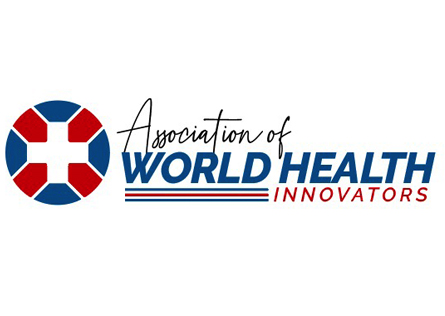Empowering Health and Wellness Through Innovation
We believe healthcare should be accessible to everyone, everywhere. That’s why we dedicate all our activities to revolutionizing the way healthcare is delivered by harnessing the power of technology to provide top-quality integrated health and wellness solutions.
We pride ourselves on offering a holistic approach to health and wellness. Our team of experts, including medical professionals, holistic practitioners, and technology innovators, work together to bring you the best of both conventional and alternative healthcare. We understand that each individual is unique, and our approach is tailored to meet your specific needs.
Services and Programmes
Healthcare, Self Development, Business Growth, Charitable Activitie
BIPI Technology
BioNatural’s-Integrated Patient Imaging Technology
Fully comprehensive remote body scan
One of our ground-breaking innovations is our state-of-the-art BIPI (BioNatural’s-Integrated Patient Imaging) technology.
With BIPI, we’ve redefined the boundaries of healthcare. Now, patients can receive comprehensive full-body scans from the comfort of their own homes. This cutting-edge technology allows us to remotely assess your health, providing valuable insights to our healthcare professionals.
Key Benefits of BIPI Technology:
- Remote Scanning: No need to travel to a medical facility. With BIPI, you can receive a thorough body scan wherever you are.
- Comprehensive Analysis: Our BIPI scans provide a detailed assessment of your body, helping us identify potential health issues early.
- Personalized Care: Based on the scan results, we can create personalized wellness plans tailored to your unique health needs.
- Accessibility: Our mission is to make quality healthcare accessible to all, and BIPI technology is a significant step in achieving that goal.
Our Commitment to Your Health
Experience the future of healthcare with The School of Bionatural Medicine
- Your health and well-being are our top priorities.
- Whether you’re seeking preventative care, dealing with a specific health concern, or simply aiming to optimize your well-being, we’re here to support you on your journey to better health.
- Explore our website to learn more about our integrated healthcare services, our team of experts, and the transformative BIPI technology.
- Together, we can achieve wellness, one innovation at a time.
Latest News Updates
Mental Health & Emotional Well-being



Medical Innovations & Technology
How can the use of AI transform the issue of shortage of staff at care ...

Sponsors
Connecting Doctors and Patients Globally 7/24/365
The BIPI Technology can connect patients with doctors 7/24/365 as and when needed globally in the privacy, safety and comfort of the patients’ home.
With the use of Quantum technology, we can assess the energy imbalances of your body and you can receive targeted and effective treatment with Bespoke Energy charged remedies.










